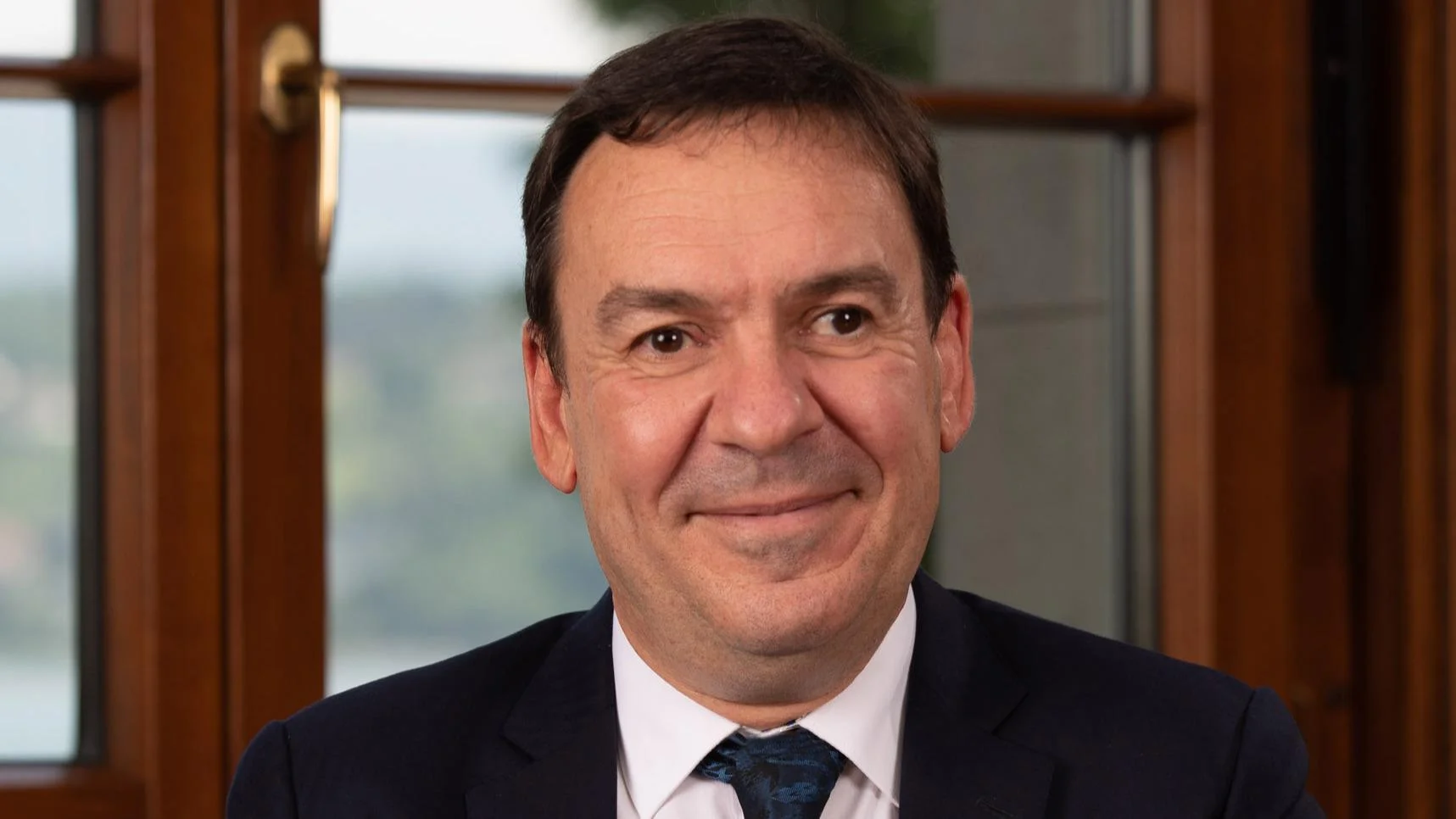Guatemala has praised the progress made in the Plastics Dialogue, expressing readiness to contribute its domestic perspectives. The Dialogue's progress was discussed during a meeting led by Ambassador Omar Zniber of Morocco, who underscored trade’s role in addressing pollution and the aim for “concrete, pragmatic, and effective outcomes.” Zniber highlighted the success of a regional workshop in Africa, which addressed specific challenges and solutions related to plastics ahead of MC14 in Cameroon.
Despite accounting for a small percentage of global plastics production, Africa experiences significant impacts from plastic pollution. The workshop identified challenges such as high costs for alternative solutions and competition from low-cost plastics. Opportunities discussed included tariff reduction on eco-friendly products, fostering local innovation, and improving technology transfer.
Discussions emphasized the importance of regional and multilateral cooperation, identifying the African Continental Free Trade Area (AfCFTA) as a key platform. Calls were made for harmonized standards and capacity building, especially for least developed countries (LDCs).
Representatives from Morocco and Australia, along with coordinators from Barbados, China, Ecuador, and Fiji, provided a summary of discussions on eight focus areas. Acknowledging the global plastics treaty negotiations led by the Intergovernmental Negotiating Committee (INC), members recognized the Dialogue’s potential role in supporting implementation. They supported leveraging existing tools from organizations like UNITAR and UNEP for transparency in plastics trade flows.
Areas of discussion included technology diffusion for waste management, identification of gaps in international standards for non-plastic alternatives, and the development of guidance for trade-related plastics measures (TrPMs) aligned with WTO rules.
Open discussions focused on cross-cutting issues, plastics reduction, and sustainable plastics trade, generating suggestions for the future direction of work. Proposals included continued thematic discussions and organizing matchmaking events to enhance technology transfer.
Co-sponsors welcomed the regional workshop as a valuable platform for regional insights and called for more regional engagement. Emphasis was placed on maintaining a balance across the Dialogue’s workstreams, with some stakeholders requesting time to evaluate progress before shaping outcomes for MC14.
Australia and Ecuador committed to considering members’ input for upcoming meetings, scheduled for May, July, and September. These meetings are crucial for setting the groundwork for the November discussions, where a clearer vision for MC14 could be established. The Dialogue on Plastics Pollution was launched in November 2020 by WTO members and currently has 83 co-sponsors, representing nearly 90 percent of global trade in plastics.

